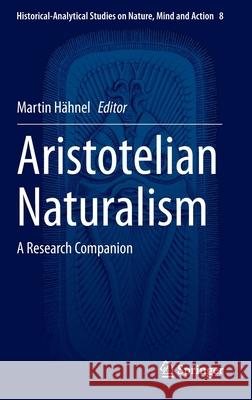Aristotelian Naturalism: A Research Companion » książka
topmenu
Aristotelian Naturalism: A Research Companion
ISBN-13: 9783030375751 / Angielski / Twarda / 2020 / 470 str.
Aristotelian Naturalism: A Research Companion
ISBN-13: 9783030375751 / Angielski / Twarda / 2020 / 470 str.
cena 563,56
(netto: 536,72 VAT: 5%)
Najniższa cena z 30 dni: 539,74
(netto: 536,72 VAT: 5%)
Najniższa cena z 30 dni: 539,74
Termin realizacji zamówienia:
ok. 22 dni roboczych.
ok. 22 dni roboczych.
Darmowa dostawa!
Kategorie BISAC:
Wydawca:
Springer
Seria wydawnicza:
Język:
Angielski
ISBN-13:
9783030375751
Rok wydania:
2020
Wydanie:
2020
Numer serii:
000793895
Ilość stron:
470
Waga:
0.84 kg
Wymiary:
23.39 x 15.6 x 2.69
Oprawa:
Twarda
Wolumenów:
01
Dodatkowe informacje:
Wydanie ilustrowane











